
Trump Tylenol Push Could Actually Increase Autism Rates, Researchers Warn
@drdavidcox.bsky.social reports for @wired.com
www.wired.com/story/trumps...
@drdavidcox.bsky.social
Freelance health journalist (Guardian, WIRED, Telegraph, New Scientist etc). My stories: https://drdavidcox.contently.com/

Trump Tylenol Push Could Actually Increase Autism Rates, Researchers Warn
@drdavidcox.bsky.social reports for @wired.com
www.wired.com/story/trumps...
Continuing our roll call of finalists for this year's awards. Shortlisted for The Dr Delvin Award for Sex and Sexual Health Journalism we have @drdavidcox.bsky.social @eleanorhayward.bsky.social and Noel Titheradge. Well done all!
02.09.2025 13:27 — 👍 1 🔁 2 💬 0 📌 0
How do we leverage increased public awareness of ageing biology to promote good science, not clickbait titles?
A panel by @drdavidcox.bsky.social, @dominicnutt.bsky.social, Elizabeth Mills, & @bradleyelliott.bsky.social explore how BSRA members can promote good science and what narratives work.
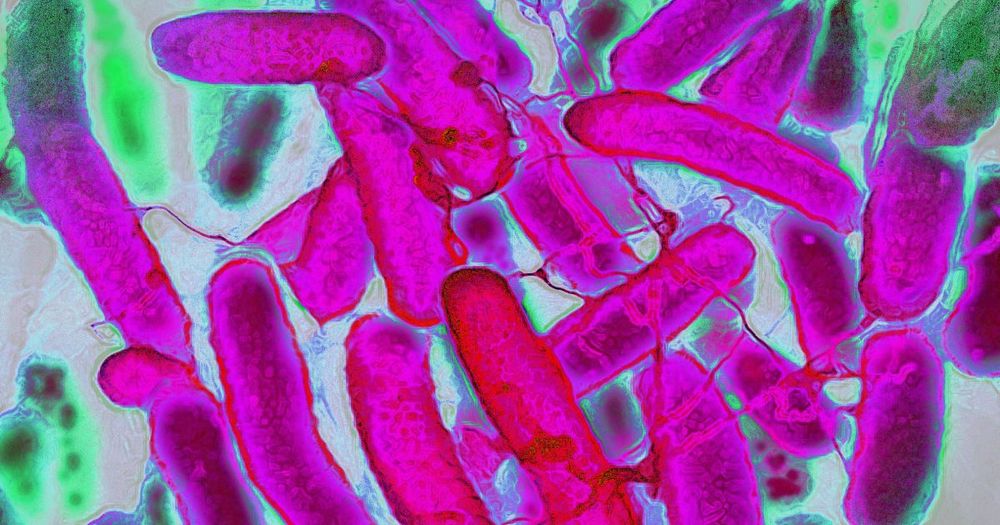
#Gut #toxin may be a ‘critical piece of the puzzle’ behind the rise in early-onset #colorectal #cancer ...
| #Antibiotic | #bacteria | #Klebsiella | #colibactin | #Citrobacter | #ecoli | By @drdavidcox.bsky.social via @nbcnews.com
It's plausible that they could represent a new smoking cessation tool, but as @tcrgbath.bsky.social have been highlighting, as with vapes, they're not marketed at older smokers, but the young.
11.03.2025 15:03 — 👍 0 🔁 0 💬 0 📌 0Favoured by professional footballers, and with high-profile partnerships with festivals, use of these pouches has soared since their introduction to the UK market back in 2019.
Yet we're still learning about the long term consequences for oral health and much of the risks surrounding addiction

Over the last six years, I've written a lot about cases of teenagers and young adults developing nicotine toxicity through excess vaping.
But as I wrote in this piece for @telegraphnews.bsky.social, there's a new culprit in town: nicotine pouches
www.telegraph.co.uk/health-fitne...
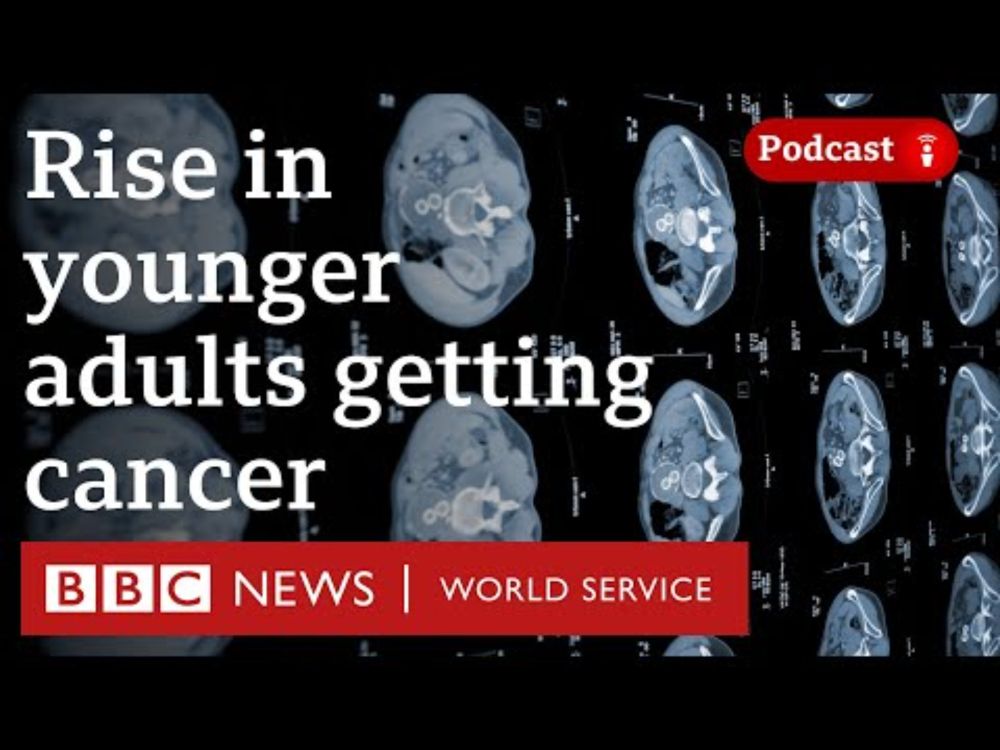
📣 My BBC podcast is now on YouTube
Shockingly more and more people under the age of 50 are being diagnosed with aggressive cancers for apparently unknown reasons.
I discuss the emerging theories and what we do and don't know
www.youtube.com/watch?v=R6OR...
It's a terrifying trend. Obesity seems like the obvious connection, but many of those diagnosed are seemingly in excellent health.
What's going on? As I explain on the pod, the possible answers include newer and less understood potential carcinogens from microplastics to even artificial light.
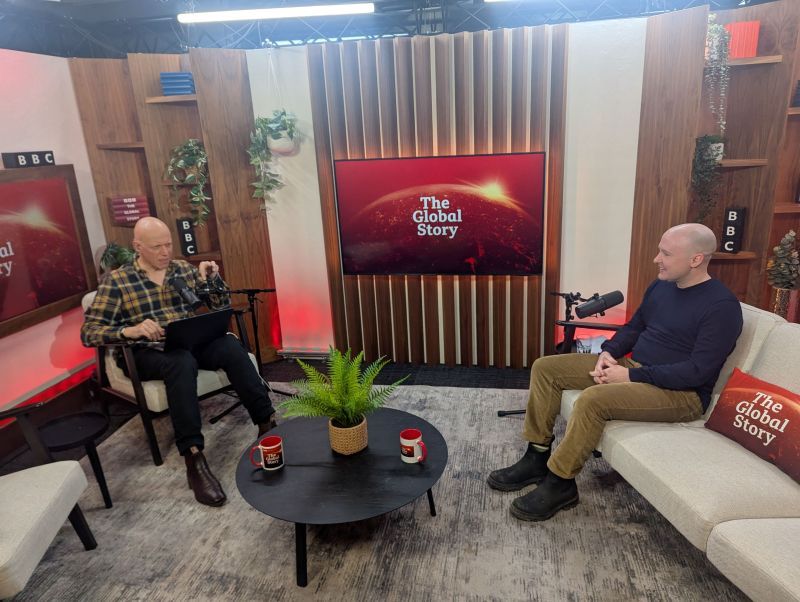
I was at Broadcasting House last week, filming a new episode of the BBC's The Global Story podcast based on some of my reporting over the past 6 months.
Cancer cases in under 50s are rising at an alarming rate, up 80% in the past 30 years.
But why? Listen here:
www.bbc.co.uk/sounds/play/...
This is pretty heartbreaking, given the progress which has been made against HIV over the past 10 years
03.03.2025 12:22 — 👍 0 🔁 0 💬 0 📌 0To end HIV as a public health threat for good, we need to be preventing over a million new infections each year. Now with such effective preventative drugs, this could actually be done, if they're targeted at HIV hotspots and administered on a sufficient scale.
This was being planned but now....
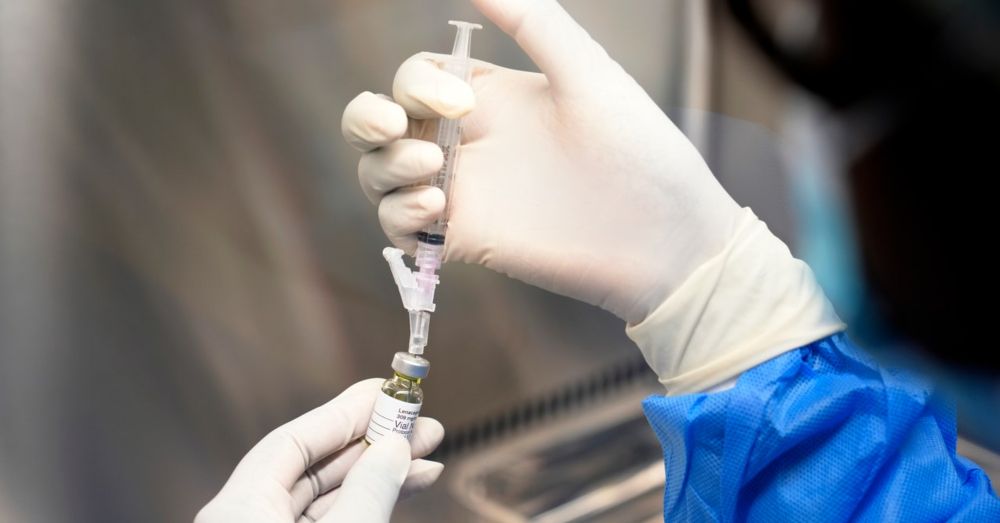
Of the many scary consequences of the USAID funding cuts - this is one of the most tragic.
Last year I reported on the emergence of lenacapavir, a gamechanging drug with the potential to end the HIV epidemic.
Now its future is in doubt
My WIRED story: www.wired.com/story/lenaca...
Thanks so much Chris!
03.03.2025 09:32 — 👍 1 🔁 0 💬 0 📌 0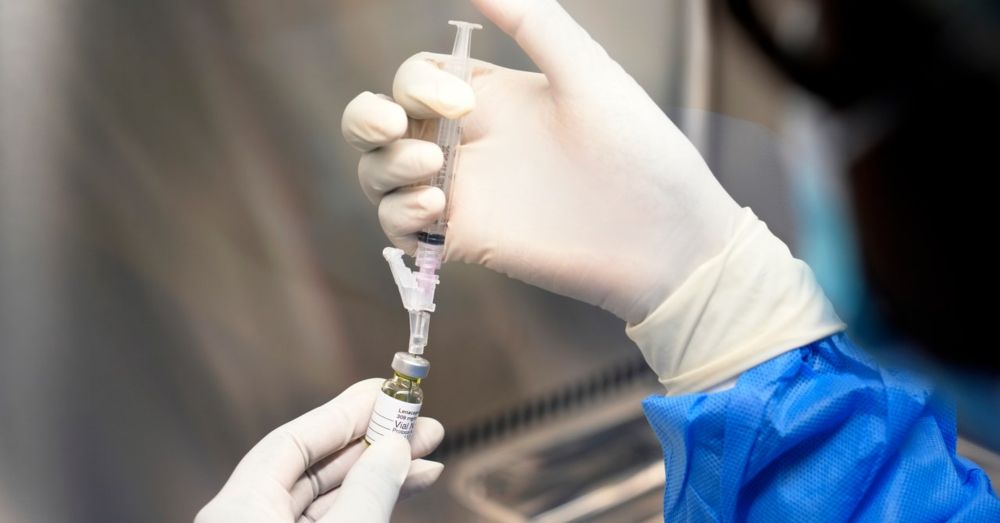
www.wired.com/story/lenaca... US funding cuts harming roll out of new HIV drug reports @drdavidcox.bsky.social in this fascinating piece for @wired.com
24.02.2025 12:00 — 👍 0 🔁 1 💬 0 📌 02/
Childhood cancer survivors suffer from premature frailty (in their 30s) and their life expectancy is greatly diminished due to the impact of intensive cancer treatments at a young age.
A trial in the US is testing senolytics in these people to see whether they can reverse these signs of ageing.
1/
One day we might all be able to benefit from senolytics, and they're a key focus of various longevity investors.
Right now we're a long way from giving these drugs to healthy people, but there's a whole range of clinical trials which are testing senolytics in people with accelerated ageing
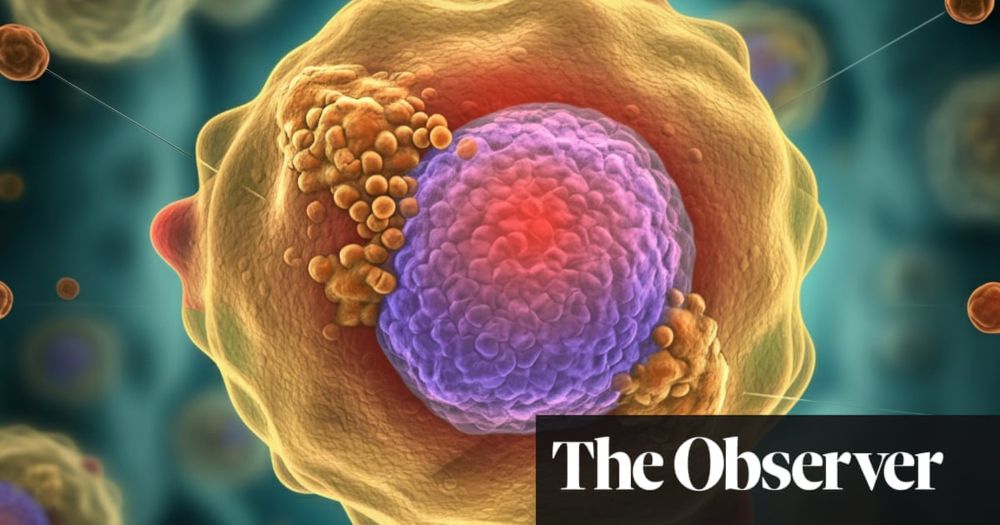
At a conference last September, I listened to a fascinating talk about a class of drugs called senolytics which aim to remove senescent cells, one of the hallmarks of ageing.
My story on how these medicines can help us tackle age-related diseases
www.theguardian.com/science/2025...
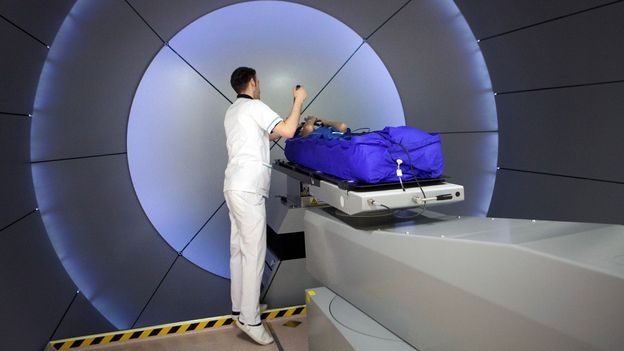
Nice overview of the promise of FLASH Radiotherapy by BBC. Our research and views on its clinical potential are also featured. #FLASH_RT #radiotherapy #cancer
22.01.2025 16:34 — 👍 5 🔁 2 💬 0 📌 0Thanks to @costas-koumenis.bsky.social and others for their insights
26.01.2025 12:05 — 👍 1 🔁 0 💬 0 📌 05/
Some of the early clinical trials at hospitals in Cincinnati and Lausanne are fascinating. I'm looking forward to continuing to follow and report on this fascinating area.
4/
- Perhaps even more impactful for public health as a whole, treatment courses with FLASH radiotherapy are shorter, allowing many more patients to be treated in the same amount of time - creating the possibility of cutting waiting lists
3/
As I explain in this story, this could be revolutionary for a few reasons:
- It could treat complex diseases like glioblastoma, where cancer is dispersed through the brain
- It could offer a new treatment for people with cancer that has metastasised across multiple organs.
2/
Last September, I visited Geneva to meet scientists at
CERN and Geneva University Hospitals (HUG) pursuing a potentially game changing approach. Called FLASH, it delivers more radiation, but at ultra-high dose rates of less than a second, which seems to make it possible to spare healthy cells.
1/
Like many cancer treatments, radiotherapy has always faced the problem that upping the dose would be so toxic to the patient's healthy cells, it could kill them or leave them with debilitating injuries.
For a long time, it just hasn't been possible to do this safely
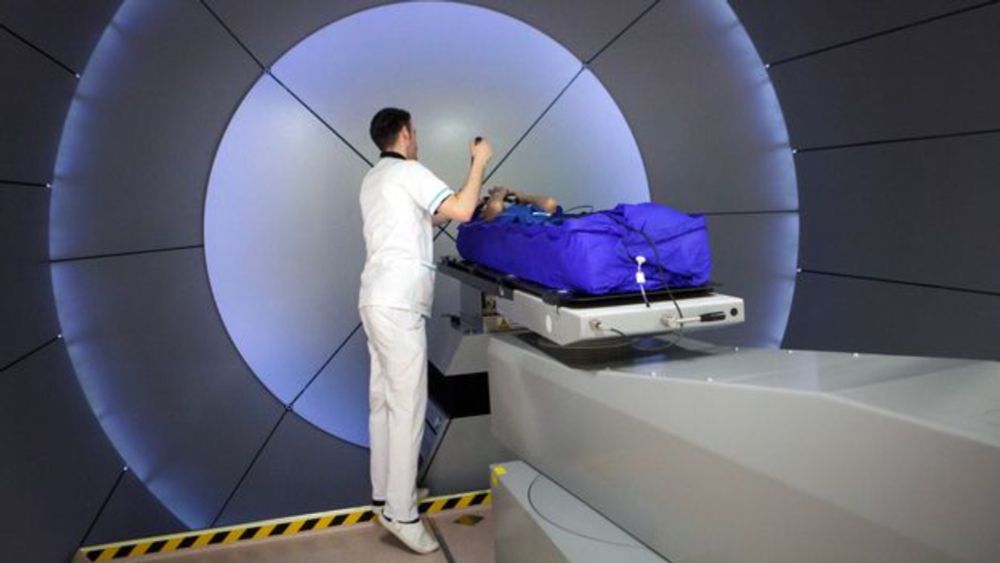
Radiotherapy is one of the most common cancer treatments.
Doctors have long known they could cure many more people, if only they could increase the radiation dose by 30% or more. New research is now making that possible.
My story and a 🧵
www.bbc.com/future/artic...
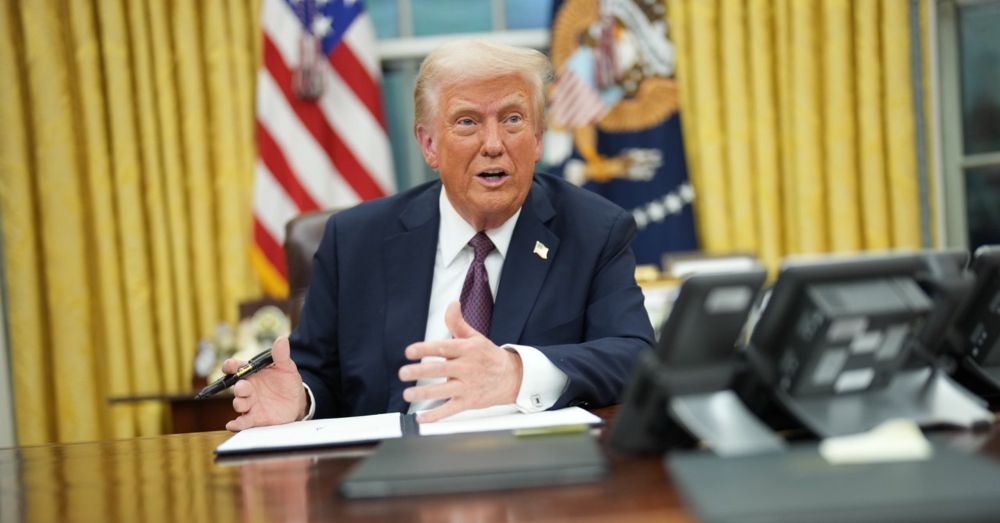
The exit will cut a huge chunk from the World Health Organization’s budget, but the short-term financial gain for the US could come at the cost of disease outbreaks flaring up across the world.
22.01.2025 10:37 — 👍 254 🔁 67 💬 23 📌 74/
Finally, it may ultimately not save money. 10 years ago, the US tried to go it alone with their Ebola response which cost billions and only 5-6 cases reached US shores. Tackling new diseases through international collaborations is vastly more cost effective.
3/
The US will lose out on vital information which the WHO helps provide, such as international surveillance data which informs the seasonal flu vaccines. When the next pandemic happens, the US could be behind the curve when it comes to being able to design vaccines/treatments.
2/
This isn't just about money. Many of the WHO's staff are seconded from the CDC - this will mean that the WHO loses vital manpower.
Key projects - where US funding has traditionally been used - such as polio elimination will be greatly weakened